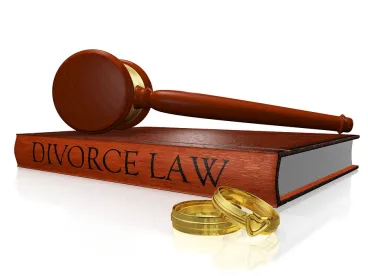The end of the year is coming, and for many employees that means end of the year bonuses will be included in their paychecks this month. Many question whether their bonus should be included as “income” for the purpose of support obligations, as well as equitable distribution in the context of a divorce.
A baseball manager from Arizona, Anthony DeFrancesco, recently faced issues surrounding his year-end bonus and how it related to his support obligations. Mr. DeFrancesco, the manager of the Houston Astros AAA minor league team, was given a $28,000 bonus in 2017 when the Astros won the World Series. The Arizona Appeals Court recently found that the bonus was considered a gift, as opposed to earnings, and he did not have to provide a portion of the bonus to his now ex-wife.
This result is not typically what happens in New Jersey when courts consider whether bonuses are a part of income. In the vast majority of cases, bonuses are awarded to employees for their exemplary work during the preceding year, often resulting from meeting specific targets, going above and beyond the work of a typical employee, and sharing in the success of the company without which the company would have not have otherwise reached. While employees are not legally entitled to bonuses in most cases, bonuses are most often the result of the employee’s hard work. Thus, in the eyes of most courts, the bonus was earned. Any earned income is considered by courts when setting support obligations.
In connection with equitable distribution, money that is earned during the marriage is considered an asset of the marital estate. Therefore, even if the complaint for divorce has already been filed, an end-of-year bonus may be considered a part of the marital estate. For example, if a complaint for divorce is filed on July 1, and an employee receives a bonus of $50,000 at the end of the year for work performed during the previous calendar year, half of that bonus would be attributable to time spent during the marriage.
New Jersey is a court of equity. Arguments can be made that bonuses, or portions of bonuses, should or should not be considered for support and equitable distribution purposes.
Several years ago there was a case in New Jersey in which a private company had been working for many years to go public. One of the company officers had been a long-time employee and, in fact, his dedication to the company to the exclusion of all else contributed to the failure of his marriage. Two years after the divorce complaint was filed, the company went public. The SEC filings noted that the employee received a bonus in excess of $1 million for his dedication to the company and work over the last five years. His wife was successful in her application to reopen the divorce and obtain a portion of that payout due to the evidence that it was for work conducted during the course of their marriage. While this case may be unique, it speaks to why each case has to be evaluated on its own merits, and why each case may have a different result.



 />i
/>i

